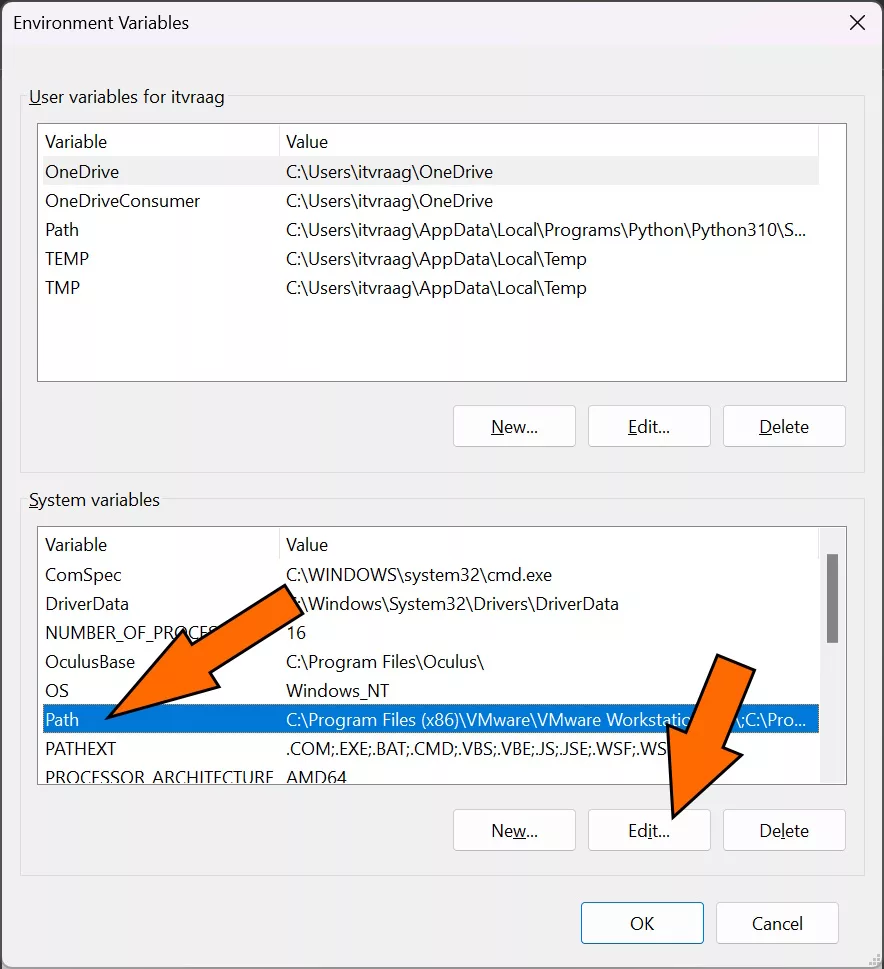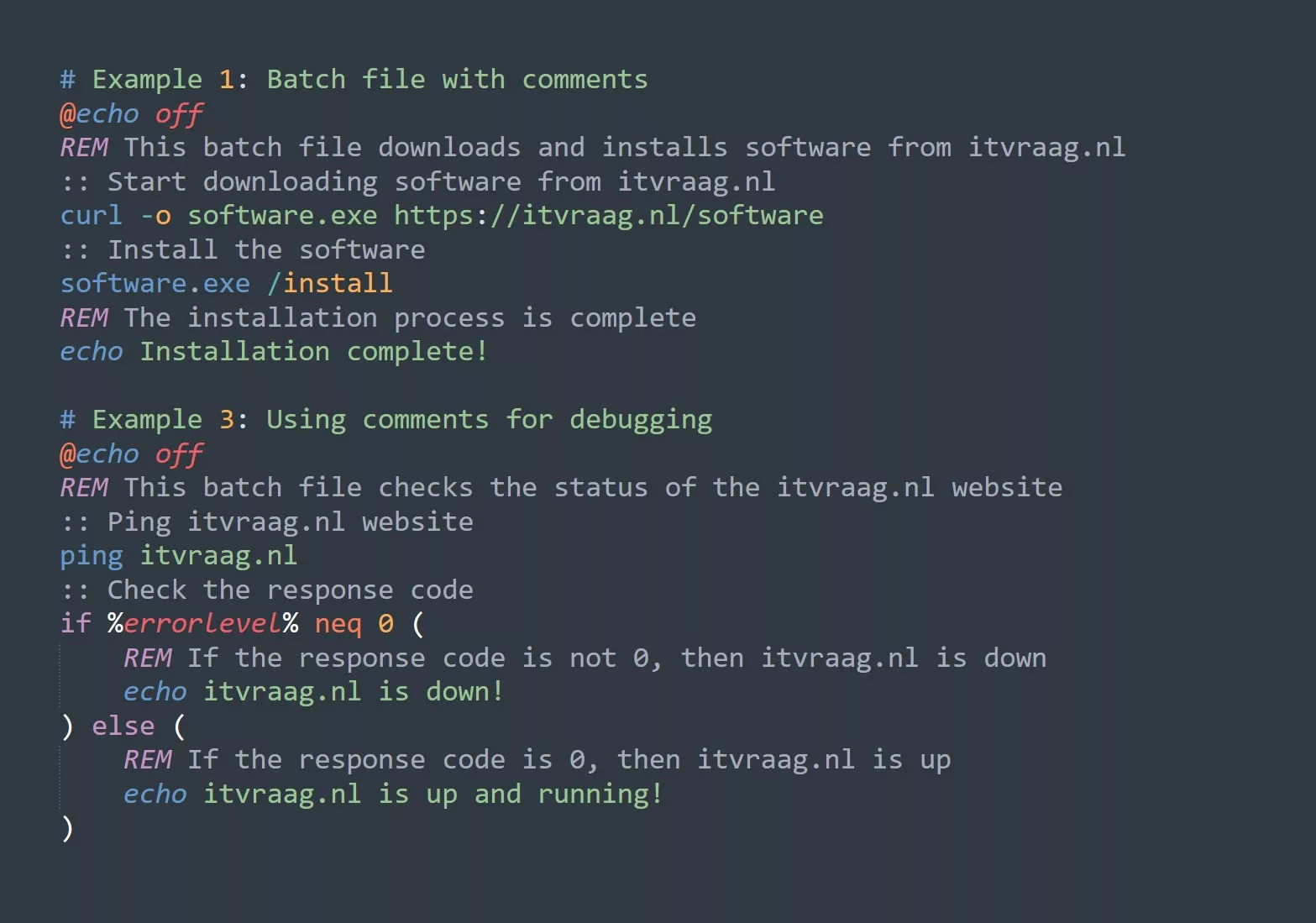Backing up your data is an important part of computing, especially when you are dealing with important documents, photos, videos, or other files. Unfortunately, manually backing up files can be a tedious process. Fortunately, bash scripting can help make the process much simpler and easier.
Automating Backups with Bash Scripts
To do this, you’ll need to define the source and destination directories, as well as the frequency of the backups. In addition, you’ll need to make sure that your script is executable by setting the appropriate permissions.
Once you’ve written your bash script, you can use cron to set up a scheduled task. Cron is a Unix utility that allows you to schedule tasks to run at certain times. With cron, you can set up your backups to run daily, weekly, or monthly.
It’s also important to note that bash scripts can be used to back up individual files or entire directories. When backing up individual files, you’ll need to specify the source and destination paths in the script. When backing up entire directories, you’ll need to use the cp -R command to copy the directory and its contents.
For example, if you wanted to back up the /home/user/Documents directory to the /backup directory, you would use the following command:
cp -R /home/user/Documents /backup
Creating a Bash Script for Automated Backups
Here’s an example of a simple bash script that can be used to back up a directory:
#!/bin/bash
# Set source and destination paths
source=/home/user/Documents
destination=/backup
# Copy directory and contents
cp -R $source $destination
Once you’ve written the script, you’ll need to set the permissions so that the script is executable. To do this, you can use the chmod command:
chmod +x /path/to/script
Finally, you can use cron to set up a scheduled task to run the script. For example, if you wanted to run the script every day at 1 AM, you could add the following to your cron table:
0 1 * * * /path/to/script



